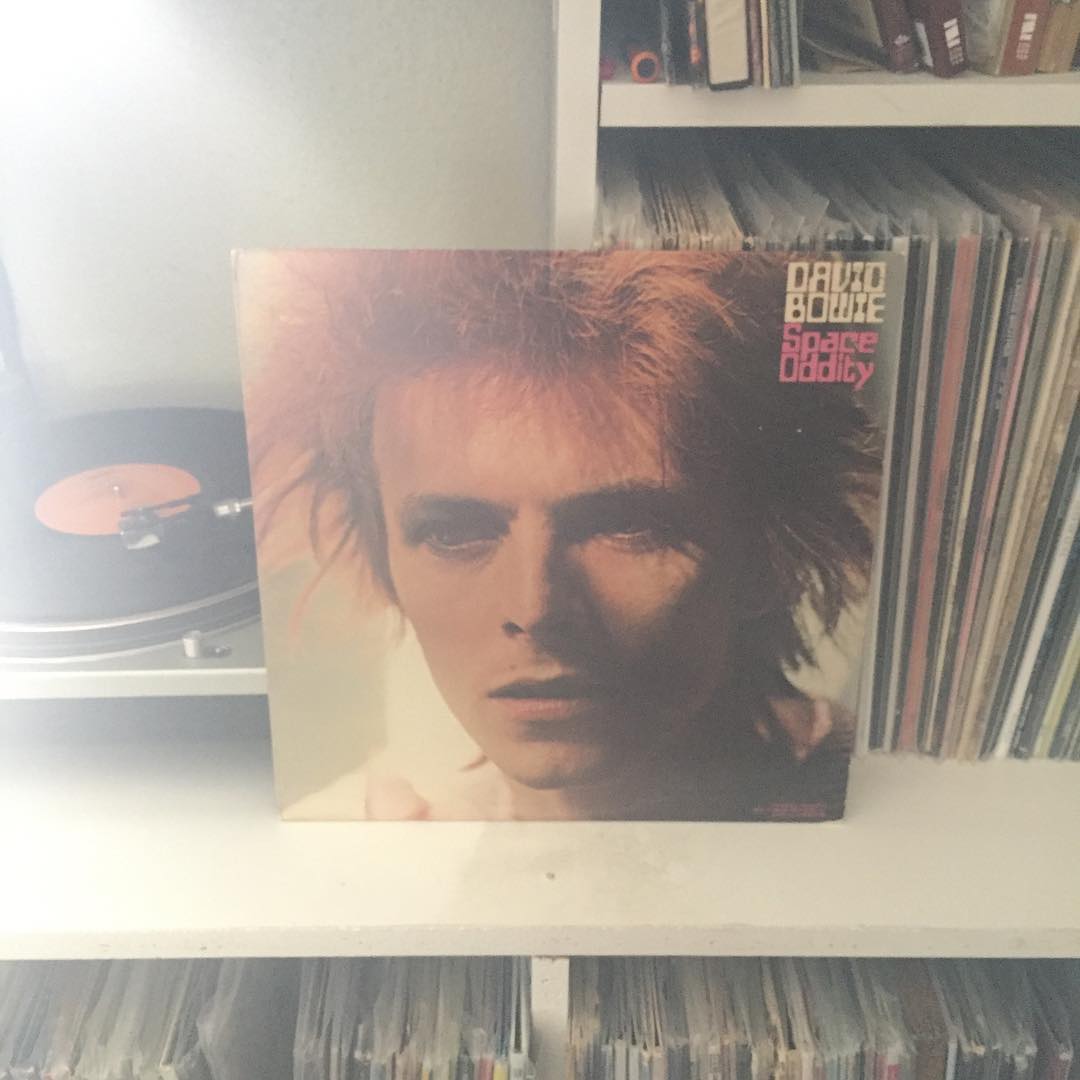The question may be asked why anyone would own a double disc live album from a band whose only widely recognizable tune is “Smoke on the Water.” For me, the answer is probably because my dad had it and it had “Smoke on the Water” on it. Continue reading
Author: Nathaniel FitzGerald
Record #125: Death Cab For Cutie – Narrow Stairs (2008)
A reviewer once called Narrow Stairs “unquestionably the best thing [Death Cab] had ever done.” While I would ask this reviewer if he had ever listened to Transatlanticism, I would agree that Narrow Stairs is the darkest and most ambitious thing they had ever done, sometimes with more in common with Radiohead than with the rest of their catalogue.
Continue reading
Record #124: Death Cab For Cutie – Plans (2005)
 While it doesn’t reach the same unequivocal classicness of Transatlanticism, Plans isn’t a disappointment to its predecessor.
While it doesn’t reach the same unequivocal classicness of Transatlanticism, Plans isn’t a disappointment to its predecessor.
And much to the indie kids’ relief, there’s little here that betrays Death Cab’s newfound major label deal—if you hadn’t seen the Atlantic label on the back, you might think it was recorded for the same tiny label as the rest of their catalog.
Continue reading
Record #123: Death Cab For Cutie – Transatlanticism (2003)
 Of all of the DCFC-disparaging hipsters I know (which I have become on their latest release), I don’t think I’ve heard any of them say a word about Transatlanticism.
Of all of the DCFC-disparaging hipsters I know (which I have become on their latest release), I don’t think I’ve heard any of them say a word about Transatlanticism.
That’s probably as much because the record is as close to perfect as any emo-leaning indie band has gotten as it is because every single one of them owned this record when they were in high school and still secretly love it. Continue reading
Record #122: David Bowie – “Heroes” (1977)
While it’s part two in David Bowie (and Brian Eno)’s famed Berlin Trilogy, “Heroes” is the only record of the three recorded entirely in Berlin. And Bowie, now free of L.A. and the cocaine-ridden nights it brought him, is much more upbeat here than on Low.
Continue reading
Record #121: David Bowie – Low (1977)

And in the face of Young Americans and Station to Stations’ plastic soul, Low is entirely unprecedented and off-kilter.
Brian Eno’s presence is strongly felt, whether in his contributions or in his influence on Bowie. The songs on side one are avant-garde free-for-alls with obtuse arrangements free of the tyranny of the verse-chorus-verse-chorus-bridge-chorus structure, where side two is filled with “more” experimental, mostly voiceless, electronic pieces.
The most notable of these pieces is the eastern-tinged droning “Warzsawa,” with a theme written by a four year old and a vocal segment featuring one hundred and ten David Bowies. There’s also the electronic wash of “Art Decade,” the minimalist staccato pound of “Weeping Wall”, and the ambient “Subterraneans,” all of which were described by Bowie as attempts to show the despair of a post-war Europe (which might explain why my wife asked, “Why’s David Bowie so sad?”).
Combined with the angular chaos of the first side (which, amazingly, was made while he was getting OFF of cocaine), side two creates a record that, while critically acclaimed, was clearly NOT David Bowie as usual. In fact, my old roommate once told me that Low was the only David Bowie album he liked, to which I responded, “then you don’t like David Bowie.”
Record #119: David Bowie – Station to Station (1976)
Station to Station is an odd album–at once accessible and dense, soulful and mechanical, soul driven, yet dripping with influence from Krautrock, or German electronic music.
Continue reading
Record #118: David Bowie – Young Americans (1975)
Somewhere along the line, after experimenting with pop culture as an art form (the Ziggy Stardust character) and pioneering a genre (glam rock), someone showed David Bowie soul music, and he fell in love.
Continue reading
Record #117: David Bowie – Hunky Dory (1971)
It’s fitting that Hunky Dory opens with the classic single “Changes”: the record is much more diverse musically than the albums that preceded (I think–I’m not familiar with The Man Who Sold The World, but it doesn’t seem to have the significance of either Space Oddity or Hunky Dory).
Continue reading
Record #116: David Bowie – Space Oddity (1969)

Space Oddity is not David Bowie’s first album, but it is the first Bowie album anyone cares about.
Its title track, with its tragic astronaut and hand clap coda is still well known, and is still the first song anyone thinks of when they think of Bowie. This album would be notable even if just for its single, but the amazing thing is that the rest of the album doesn’t dwell in its shadow.